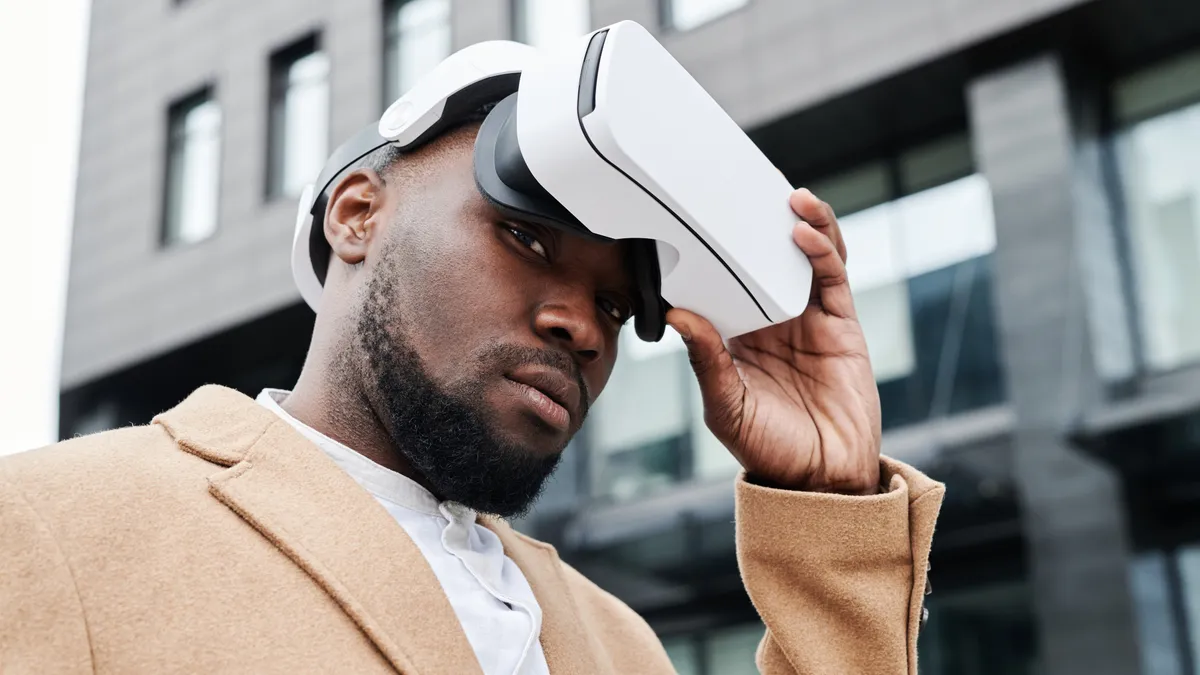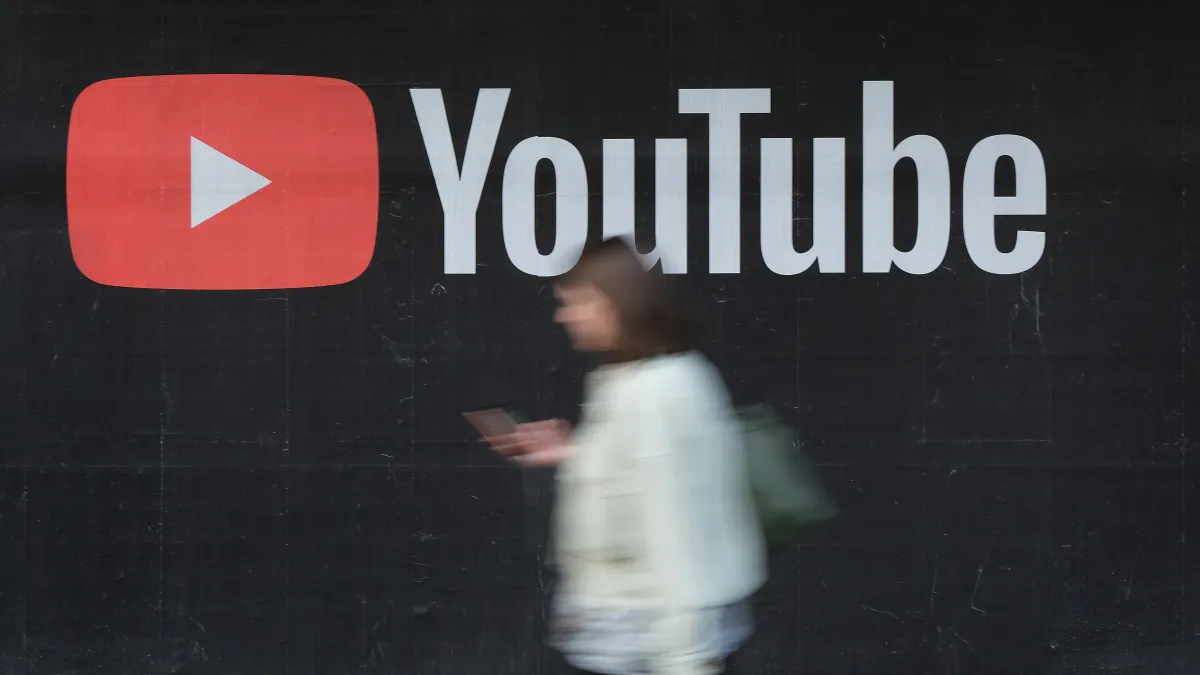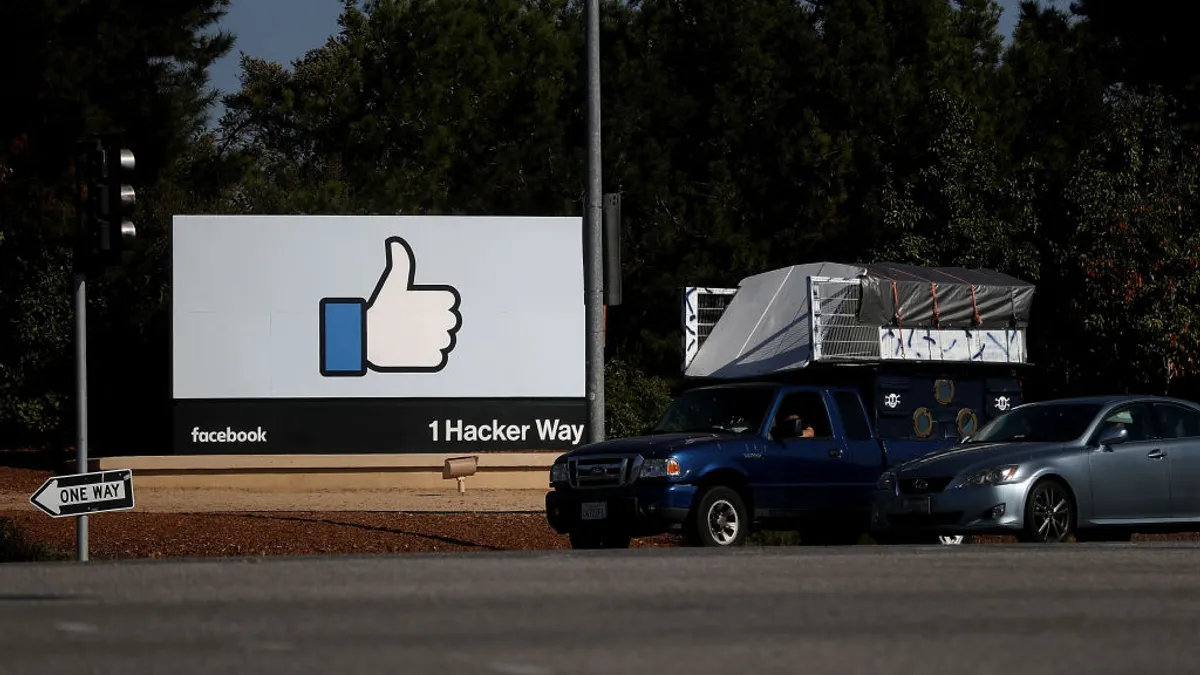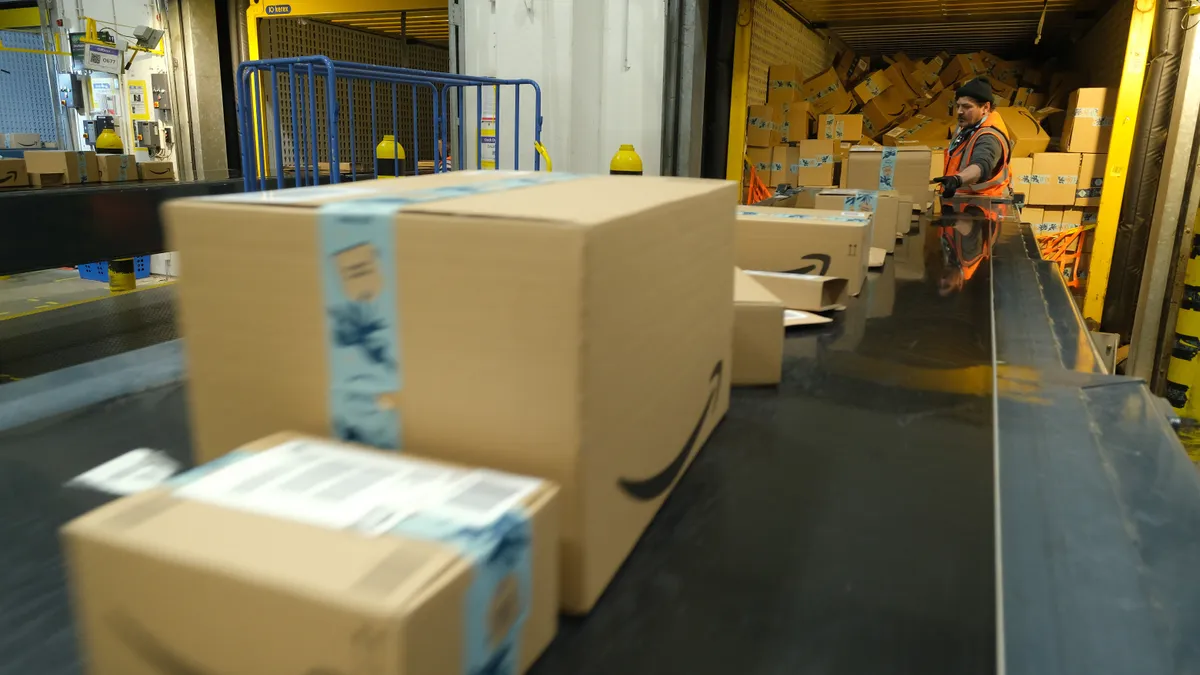Gen Zers’ status as a cohort of "digital natives" doesn’t mean that young people are absolutely thriving.
Working from home or the hybrid work model is just one piece of the puzzle. The moving pieces of instant messaging, email threads and video calls are old hat, but the dizzying effects of the COVID-19 pandemic on work and labor are ever-evolving. Hundreds of thousands of working people, including Gen Z, had to figure out what they wanted out of work.
Along with anecdotal evidence, research insights have made it clear: Generation Z is officially going through it, and their career interests and confidence are on the chopping block. In late March, I wrote about talent firm LHH’s then-recent study, wherein 33% of Gen Z respondents felt their next career move was out of their hands. More than half of Gen Zers surveyed said they feel "particularly anxious" about their job. LHH’s study picked the brains of about 2,000 participants total — working in finance across the U.S., the U.K. and France — about job readiness, leadership and learning.
But I didn’t need to search across the pond for evidence of this phenomenon at work. As a Gen Z/millennial cusper (born in 1996), I’ve observed every last one of my friends be confronted with some big philosophical question about their career. How do I ask for the raise I know I deserve? And how do I handle rejection, should it rear its head? Should I leave this toxic workplace? Is the stability and pay worth it if my mental health is at risk? How do I combat burnout? Is it by finding another role at this company, finding the same role at a different company or do a 180 to some fresh sector?
While I have friends that are content with their gigs, few are actually "happy" with their job and everyone is fist-fighting with myriad stressors. One of my cusper friends, who works for a youth affinity and travel organization, pinned her career anxiety on the ever-changing goal post of world events affecting her work. Another self-identified "late-bloomer, career-wise" told me she feels deeply isolated by the fact that she just started her first full-time job with benefits at 25. I got my first full-time job with benefits — my current role — a few months before I turned 25.
I sympathized deeply with this friend, who still daydreams about grad school and imagines her younger self would be disappointed by the corporate timecard. Uncertainty around the future compels her to stay. Anxiety about what’s out there is its own form of worker retention. And then there’s my acquaintance who is a tender 22: they are currently prepping for graduation, searching for education jobs that align with their values, and wrestling with the widening chasm between dreams realized and financial stability for Gen Z.
Seeking to dismantle systemic oppression aside, employers and HR professionals can close the gap between passion and reality in little ways. Consider: 34% of Gen Z respondents in LHH’s survey said they felt their skill set was not useful in the workplace. The LaSalle Network just published "What The Class of 2022 Wants," a report about the desires of grads-to-be and how those outlooks will affect the future of work. While 38% of respondents reported having three or more internships under their belt, the top concern among grads surveyed was lack of experience.
By the numbers: 48% of graduates feel underprepared in technical skills, 39% are at a loss as to job market expectations and 33% need help honing their interview skills.
Recruiters searching for younger talent, take note: LaSalle also broke down when and how college students are poking around for jobs. Additionally, the report underscored a painful truth about the last semester of college for many: Sure, about half of respondents had received one, two, three or more offers. Meanwhile, 53% of grads-to-be said they’d received zero offers.
I was one of those grads four years ago. I remember how it felt to see many of my wealthier friends tout prestigious internships in expensive cities, and realize their "Sex and the City" dreams. The juxtaposition of those realities against my Walmart grocery runs and clocking in at Starbucks felt surreal. But as I later found out, many of us were equally stressed — if not with annoying customers and hardened shift supervisors, then with punishing editors and aloof associates overseeing internships. And we were all being underpaid and undervalued.
Being a Gen Zer (or Gen Z-adjacent) means that our whole lived existence feels like the Wild West. And while we're a scrappy, cynical, take-no-B.S. bunch, we’re also suffering. Many of us just need a reminder that we don’t have to have adulting all figured out the second we throw our grad caps in the air. LinkedIn recently found that Gen Zers are, to use a generational turn of phrase, feral for mentorship and connection, especially having started their work lives in the pandemic.
Generally speaking, searches for "mentees" and "mentors" doubled at the top of the year, a LinkedIn spokesperson said. And along with value alignment, the main priority for Gen Z job seekers were roles with opportunities to learn or practice new skills (76%).
At the very least, data indicates that Gen Z workers could do with some additional training — not because we’re incompetent, but to fill our career toolbox and to imbue us with the confidence to chase after the future we deserve.

























